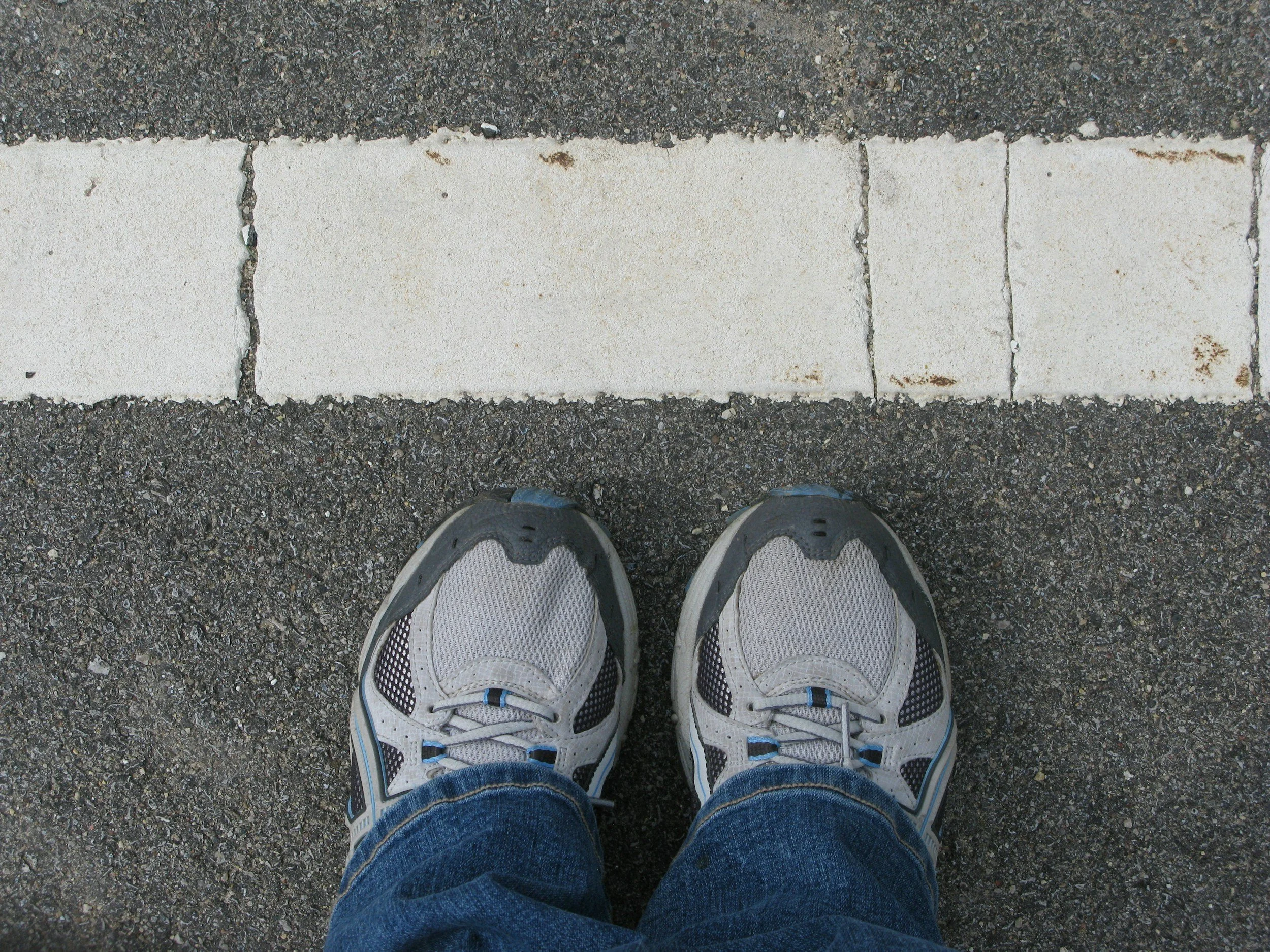Boundaries as Self-Care: Saying No Without the Guilt
Why Saying “No” Feels So Hard
Many of us were raised to believe that saying “yes” makes us kind, helpful, or successful. But when every request is met with agreement, we often end up overcommitted, exhausted, and resentful. Boundaries can feel selfish, but in reality, they are a core part of self-care.
When we learn to say “no” with confidence, we protect our time, energy, and emotional well-being. Instead of running on empty, we give ourselves space to show up more authentically in the areas that matter most.
Boundaries Are Not Walls
Think of boundaries not as barriers, but as guideposts. They help define what’s okay for you and what isn’t. Just like traffic lines keep cars moving safely, boundaries keep your relationships and responsibilities flowing in a healthier direction.
Examples of boundaries might include:
- Limiting work emails after a certain time
- Saying no to social events when you need rest
- Communicating openly about what you can and cannot take on
The Guilt Factor
Guilt often shows up when we begin practicing boundaries. You may worry about disappointing others or being perceived as “selfish.” Here’s the truth: guilt is a sign you’re stretching into new, healthier patterns, not a signal you’re doing something wrong.
Try reframing guilt as growing pains. Just like sore muscles after a workout, it’s a temporary discomfort that leads to strength.
How to Say “No” Without Apologizing
- Be clear and brief. “Thank you for thinking of me, but I can’t commit to that right now.”
- Don’t over-explain. A simple, direct response is enough.
- Offer alternatives (if you want to). “I can’t this week, but I’d be happy to help next month.”
- Practice in safe spaces. Start small, like saying no to an extra errand, and build confidence.
Boundaries = Self-Care
When you say “no” to things that drain you, you are saying “yes” to rest, creativity, relationships, and growth. Boundaries aren’t about pushing people away—they’re about protecting the version of you who can thrive.
Final Thoughts
If you’re struggling with burnout, people-pleasing, or guilt around boundaries, therapy can help. Together, we can explore the beliefs that keep you stuck and build strategies to help you reclaim your time and energy.

